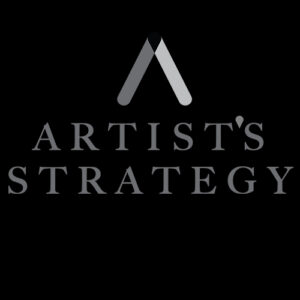
Isn’t it a bummer when someone is always late? Especially when you grow to expect it from that person? Chronic lateness seems to go from being perceived as rude to just plain hurtful. You start to subconsciously realize that they believe your time isn’t as valuable as theirs. Chronic lateness can very quickly trickle into our general businesses as well.
But first, on that personal (yet professional) level…it’s unacceptable. I don’t mean to be all “mom” about it but there’s no room for that sort of self destructive behavior. Your (potential) chronic lateness has lasting effects beyond this singular moment in time. It’s not that someone had to sit waiting with their coffee for an extra 8 minutes before you showed up, it’s that over the course of those 8 minutes, you became more and more unreliable.
And as always, while there are a trillion reasons why someone could be late, it doesn’t matter. I live in NY. Trust me. The MTA has a personal vendetta against me therefore I’m an avid travel planner.
Second, on a more direct professional level…it’s still if not more unacceptable. At the core of Artist’s Strategy’s planning concept is setting mile markers based on your long term goals. So depending on where you want to be in 5 years, you have a corresponding smaller step from 3 years to 1 year to 6 months all the way down to the micro step you’re taking within a week’s time. There’s a necessary continued conversation along the way about what’s working and what may need to change but that next level sharpening of your plan can’t happen if you’re always playing catch up.
For an unfortunate few, week or month long goals are set and are continually not met. While we simply encourage missed action items to tack on to the upcoming week’s work so as to not fall too far behind, there are still two major concerns I have with chronic lateness as it pertains to your immediate business / workflow.
It’s absolutely the least effective way of working and it’s exhausting. I could only imagine my emotional / mental state if I was chronically late with everything I wanted to get done.
Just like with the coffee date above, chronic lateness as it pertains to your business goals is a reminder that you don’t respect your own work. If you did, you wouldn’t let it happen. We prioritize what we would like to, so while we can come up with a lot of reasons, know that there’s probably something deeper at play.
Owning your potential chronic lateness can be hard, but we can also use it as an opportunity to deal with the real issues at hand because at the end of the day it carries a lasting effect none of us should be proud of.
Also by Artist’s Strategy:
Artists at Work: How To Find Time For Creativity
Managing Workload: Is Your “Busyness” Effective


Artist's Strategy offers artists the opportunity to strategize and create tactical next steps towards a successful, fulfilling career. Based on tested business principles, Artist's Strategy helps you design a tangible path towards a sustainable future. Incorporating and using the basic tenets of a healthy business, we will help you set a one, three or five-year-plan that will work for you and keep you on track to seeing real results. With Artist's Strategy, you will work alongside founder Joshua Morgan to identify the strengths and opportunities of your business and learn more about how to stabilize and grow. How long and how frequently you work with Artist's Strategy depends on your individual needs and resources. Contact us to discuss a plan that could work for you.
Read Full Profile© 2021 TheatreArtLife. All rights reserved.

Thank you so much for reading, but you have now reached your free article limit for this month.
Our contributors are currently writing more articles for you to enjoy.
To keep reading, all you have to do is become a subscriber and then you can read unlimited articles anytime.
Your investment will help us continue to ignite connections across the globe in live entertainment and build this community for industry professionals.